
Cheap
The High Cost of Discount Culture
Recommendation
Science journalist Ellen Ruppel Shell offers many insights in this terse, but engaging overview of the discount industry, starting with the image of shoppers browsing mindlessly through discount store aisles filled with shoddy merchandise. Her mix of history, economics and psychology delivers a disturbing portrait of the discount industry from the industrial era to the present day. Some of her examples and arguments are repetitive or simplistic, but after reading this book, you’ll think twice about every price tag or special promotion. Shell, who acknowledges that she is a bargain hunter, too, never gets preachy. Instead, she prompts you to examine the hidden financial, political, environmental and global costs of the discount culture. Many so-called bargains are not good value, and shoppers pay extra tolls in wasted time and resources. getAbstract recommends Shell’s treatise to shoppers, economists and executives in the retailing and manufacturing industries.
Summary
About the Author
Ellen Ruppel Shell is a contributing editor and correspondent for The Atlantic. She is also a science journalist, professor and co-director of the science journalism graduate program at Boston University.









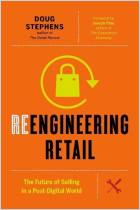
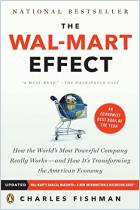
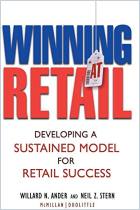
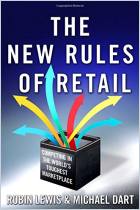
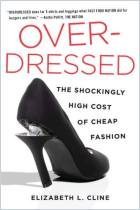






Comment on this summary or Comenzar discusión